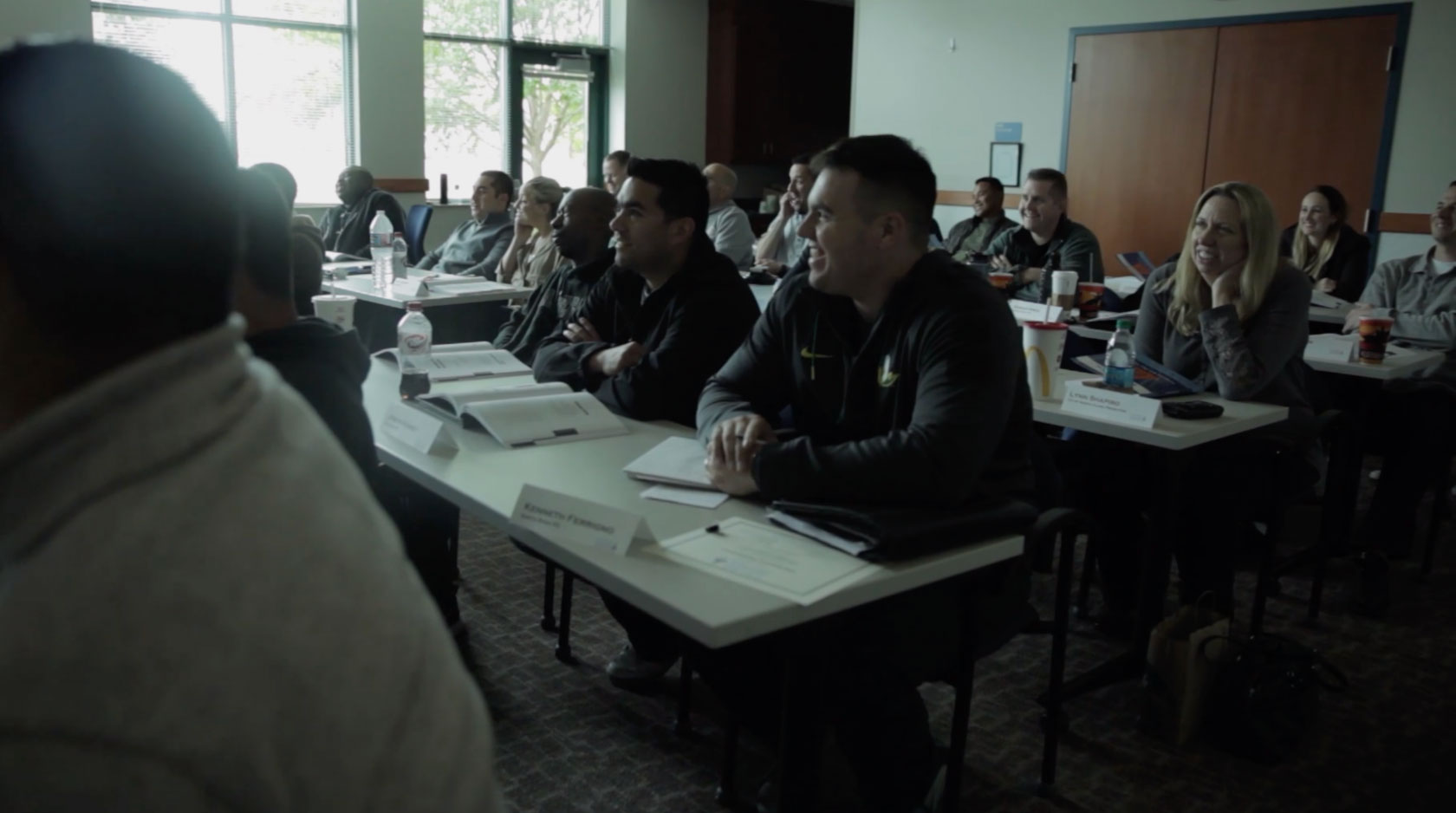This training by far has been the most informative and most effective I've attended. The instructors engaged the students in a manner that made me want to speak my opinion, ask questions, and participate.

Article #2 – Passengers In Car Searches
The legal update page hit this topic a short time ago. Rulings are coming down from the appellate courts providing more and more protection for passengers in cars. As a result, I think that an overview of each of the past few rulings is in order to try and keep you up to date.
Passenger’s Purse
On July 15, an appellate court in People v. Baker, 2008 DJDAR 10878, addressed the issue of a passenger riding in a parolee’s car. There, the officer made a routine car stop of a male driver who was speeding. There was no indication of any other criminal activity. The officer learned the driver was on parole and decided to search the car. Prior to the parole search, the female passenger got out of the car, leaving her purse in the passenger compartment of the car.
During the search of the car, the officer also searched the purse of the female passenger which was located at her feet. The female’s ID was in the purse and she admitted ownership. Also in the purse was methamphetamine. The defendant female filed a motion to suppress the methamphetamine.
The Baker court ruled that there were three possible bases for the search:
1. The automobile exception. Warrantless searches of cars are legal if there is probable cause. The court held that here there was no probable cause as there was no indication of criminal activity.
2. Search incident to lawful arrest. A lawful custodial arrest of a vehicle occupant allows officers to search a passenger compartment and any containers contemporaneous to the arrest. Here, neither of the people in the car was arrested.
3. Consent searches. Here there was lawful consent, by the driver, as a condition of his parole. It is well settled that if the parolee and the passenger had joint ownership or control of the purse the search would be valid. There was no information, however, that those facts existed. Therefore, the court held that consent was not a valid basis for the search.
Ultimately, the Baker court held that even when conducting a parole search, with no indication that the female passenger has done anything wrong, the officer may not search the passenger’s bag. The court held that although the parolee/driver consented in advance to searches of his person, home and car, people traveling with him do not give up their right to privacy.
Be aware of another appellate court decision from 2007. In People v. Cantor 149 Cal.App.4th 961, the court held that even when a driver consents to a search, the officer may not be able to unscrew or pry open containers as part of the search.
With the United States Supreme court ruling that passengers are detained in car stops, you must keep the rights of the passengers in a car stop in mind during that stop.
Chuck Gillingham is a veteran prosecutor and regular instructor for the California District Attorney’s Association and the Federal Internet Crimes Against Children Task Force. Chuck also teaches Multidisciplinary Child Interviewing and Child Exploitation Investigation for Third Degree Communications, Inc.
If you wish to print and share this Legal Update Training Bulletin with your colleagues, credit must be given to Third Degree Communications, Inc. and the Author.